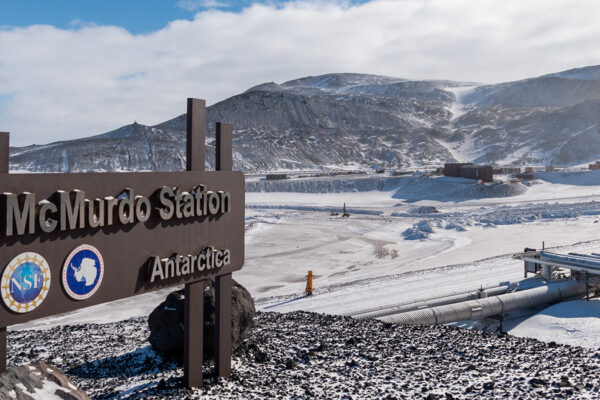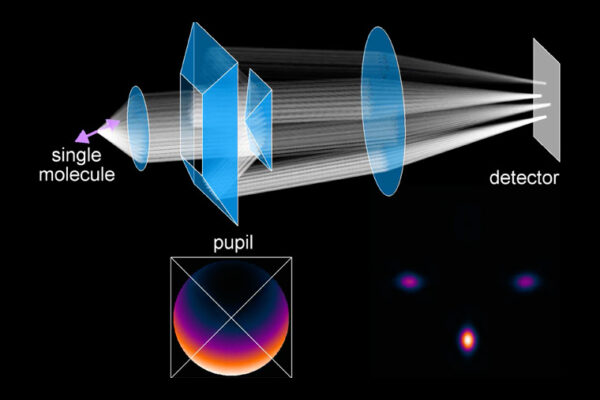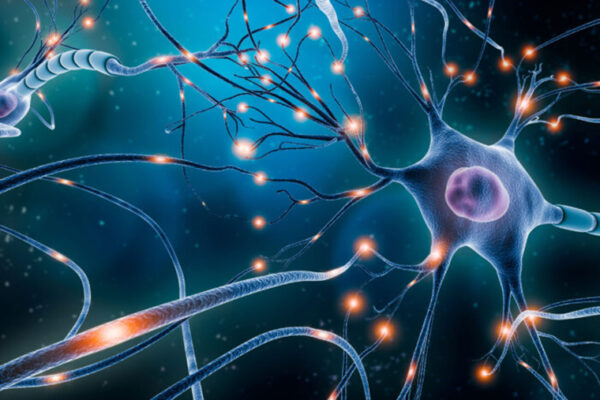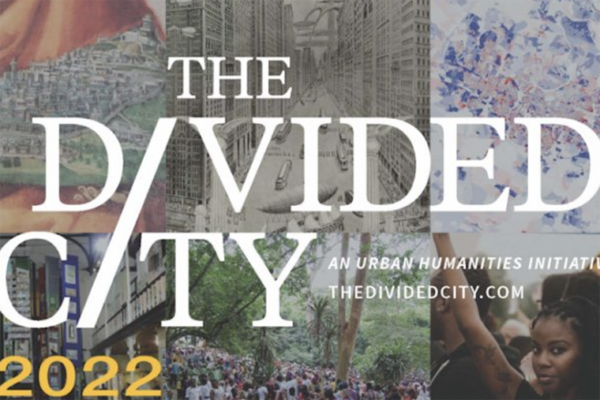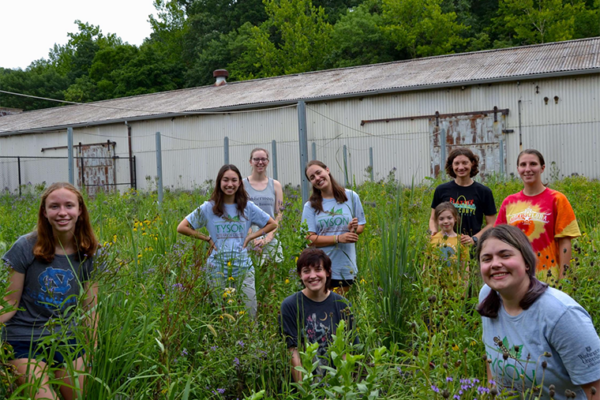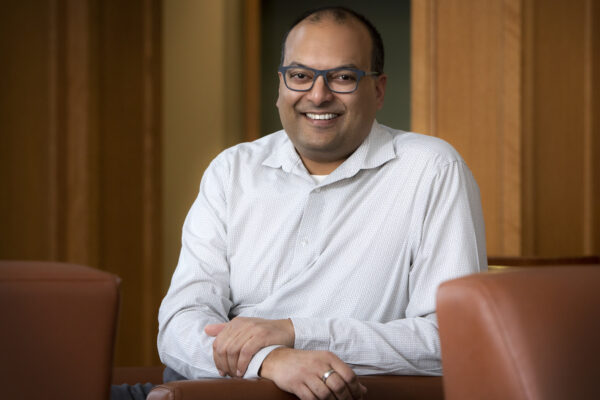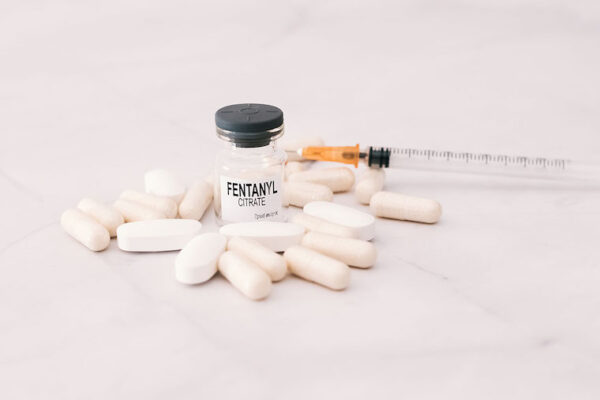Back to Antarctica with SPIDER
Physicist Johanna Nagy in Arts & Sciences chases traces of “the beginning of the universe” using a balloon-borne instrument that will be launched in the next few weeks.
Telescope-inspired microscope sees molecules in 6D
A new imaging technology from the lab of Matthew Lew at the McKelvey School of Engineering uses reflection and refraction to more directly see molecules’ orientation and position.
Immunotherapy eliminates disease-causing cells in mice with MS-like disease
School of Medicine scientists have shown that the cancer therapy known as CAR-T can be applied to multiple sclerosis (MS), an autoimmune disease of the nervous system. The findings extend the powerful tool of immunotherapy to autoimmune diseases, a class of diseases that are often debilitating and difficult to treat.
WashU scientists on ‘highly cited researchers’ listing
Dozens of researchers from Washington University in St. Louis were named to the Highly Cited Researchers 2022 list by Clarivate, an analytics company.
Recycle holiday lights on campus
The Office of Sustainability will hold the annual holiday lights recycling drive now through Feb. 1.
‘Divided City’ initiative awards community grants related to urban segregation
The “Divided City” initiative at Washington University in St. Louis awarded community grants to seven recipients in the St. Louis metro area to support community work or creative practice related to urban segregation.
‘Humans of Tyson’ project highlighted at statewide conference
Colleen McDermott, a junior environmental analysis major in Arts & Sciences, discussed working with the “Humans of Tyson” project at Tyson Research Center during the recent 2022 Kansas and Missouri Environmental Education Conference.
Voicing politics: How language impacts political opinions
In a new book, “Voicing Politics,” Arts & Sciences’ Margit Tavits uncovers the many ways in which linguistic peculiarities of different languages can have meaningful consequences for political attitudes and beliefs around the world.
Patwari to develop ways to share the spectrum with NSF grants
Two National Science Foundation grants will support the McKelvey School of Engineering’s Neal Patwari as he develops ways to optimize and safeguard the finite amount of radio spectrum bandwidth.
WashU, pharmacy scientists alter fentanyl, aim to make it less lethal, less addictive
A research team that includes School of Medicine and pharmacy scientists has altered the chemical properties of fentanyl. The research holds promise for developing safer opioid drugs that still relieve pain.
View More Stories
